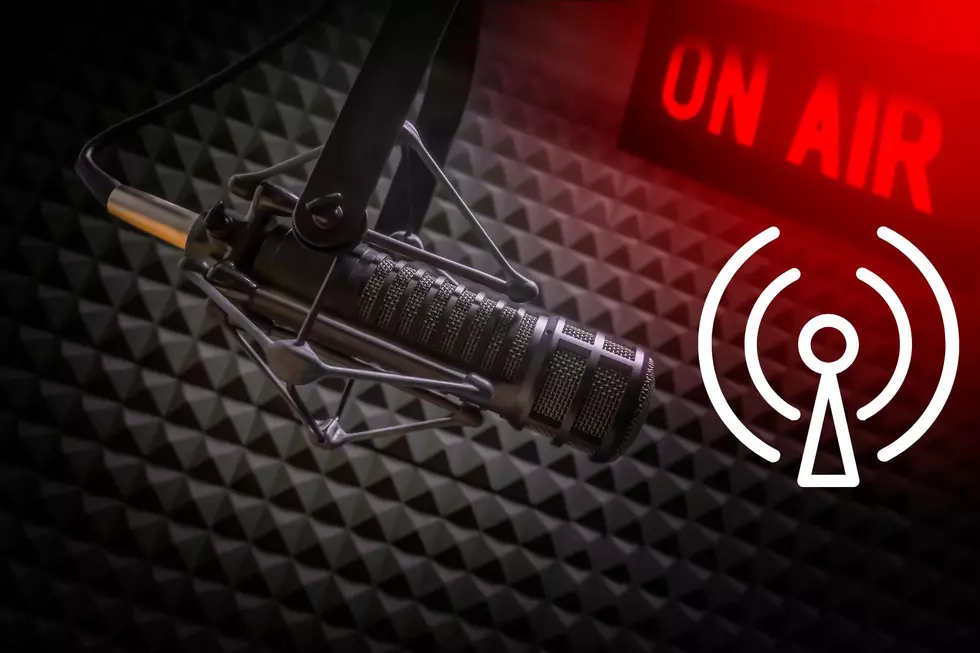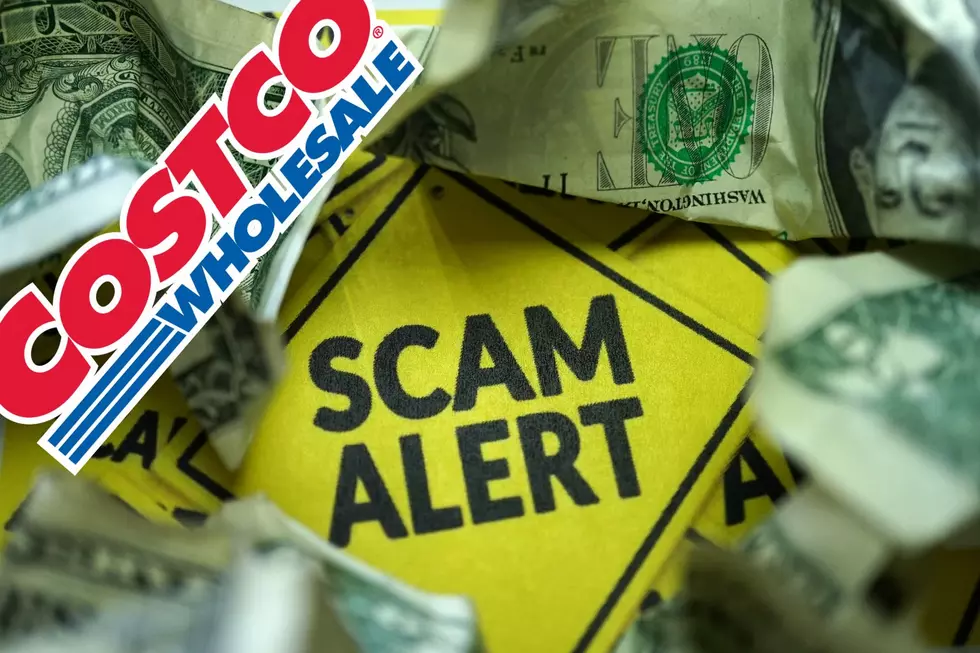
Theft Issues Prompt Retailers In The US To Ditch Self-Checkout Machines
This hit the news wire today:
"Retails stores across the country are reversing course on self-checkout machines. Stores are saying they're a disaster for consumers and retailers alike, with the biggest problem being theft. Shoppers are reportedly 21 times more likely to sneak items past machines than human cashiers, and it's also easy for consumers to steal unintentionally. According to a survey from Lending Tree, one-in-five shoppers reported they've accidentally stolen items during self-checkout, and one-in-seven said they've stolen from self-checkout on purpose. Target, Walmart and Dollar General are all pulling back from efforts to introduce more self-checkouts."
We talked about this on KDXU.com a few months ago. Suffice it to say we are getting sick and tired of having to check ourselves out at stores.
And in this case, thieves are actually helping us (according to the above news item) as they are making stores not want to allow us to check out ourselves.
One excerpt from the website theatlantic.com, calls self checkout a failed experiment: "You know how this process actually goes by now: You still have to wait in line. The checkout kiosks bleat and flash when you fail to set a purchase down in the right spot. Scanning those items is sometimes a crapshoot—wave a barcode too vigorously in front of an uncooperative machine, and suddenly you’ve scanned it two or three times. Then you need to locate the usually lone employee charged with supervising all of the finicky kiosks, who will radiate exasperation at you while scanning her ID badge and tapping the kiosk’s touch screen from pure muscle memory. If you want to buy something that even might carry some kind of arbitrary purchase restriction—not just obvious things such as alcohol, but also products as seemingly innocuous as a generic antihistamine—well, maybe don’t do that."
The people are speaking out -- and it's loud and clear.
America doesn't like self checkout.
Protect Yourself: Power Outages And Safety Tips For The Utah Snowstorm
It looks like we've got a storm coming this weekend and while we'll likely just get rain in the St. George area, much of the rest of the Beehive State will be blanketed with snow.
And with a big snowstorm comes the real possibility of power outages.
According to officials with the US government, the top three causes of death related to cold weather are: 1. Exposure; 2. Home heating issues (fire or gas poisoning), and 3. Traffic accidents related to wintery roads.
In addressing the top killer in wintertime, many people are homebound and if they lose power, they may also lose heat. Here are some recommended strategies to avoid the problem:
- Keep freezers and refrigerators closed. Throw away any food that has been exposed to temperatures 40 degrees or higher for two hours or more, or that has an unusual odor, color or texture.
- If you use a generator, ONLY use it outdoors and away from windows.
- Do not use a gas stove or oven to heat your home.
- Disconnect appliances and electronics to avoid damage from electrical surges.
- Have alternate plans for refrigerating medicines or using power-dependent medical devices.
- Go to a community location with power if cold is extreme and you can’t heat your home.
The No. 2 issue, fire or gas poisoning, here are some tips:
- Keep anything that can burn at least three feet from all heat sources including fireplaces, wood stoves, radiators, portable heaters or candles.
- Always plug space heaters directly into an outlet, and make sure its cord isn’t damaged or frayed.
- Never use an oven to heat your home.
- Maintain heating equipment and chimneys by having them cleaned and inspected each year by a professional.
Issue No. 3 is traffic-related deaths in wintery driving conditions. These tips could help:
- Make sure your vehicle is in good working condition before you travel.
- Keep your gas tank as full as you can. A full tank will also keep the fuel line from freezing.
- Install good winter tires and make sure they have enough tread, or any chains or studs required in your local area.
- When driving, increase your following distance from 3-4 seconds to 5-6 seconds. It takes longer to slow down and stop on icy roads.
- Every vehicle should have an emergency supply kit in the trunk. Kits should be checked every six months and expired items should be replaced regularly.
- Keep family and emergency phone numbers, including your auto insurance provider and a towing company in your phone.
- Consider keeping a power bank for your phone in your car in case your car loses power.
- If stranded, run the engine for about 10 minutes per hour to run the heater and charge your cellphone. Open a window slightly to let fresh air in and avoid carbon monoxide (CO) poisoning.
Thanks again to ready.gov for many of these tips.

In Wintertime, A Quarter May Save Your Life
I love life hacks -- a strategy or technique adopted in order to manage one's time and daily activities in a more efficient way.
Some of my favorites include putting a wooden spoon across a boiling pan of water or other liquid so it doesn't boil over, using toothpaste to clean your sneakers (or restore your headlights), and using a cup of water in the microwave when reheating leftover pizza to keep it from getting soggy.
But here's a new one that actually could save your life -- or at least keep you from getting a huge stomachache.
Power outages happen occasionally, especially in the wintertime, and the biggest hit is not to our video game time, but rather the food we store in our freezer.
If the power goes out for a time, the food in your freezer may thaw out, creating a bonanza for bacterial growth. When the power goes back on, the food refreezes with all that bacteria present.
If you're away at work or otherwise, you may not know it even happened.
But here's a simple tip to help you root out that bacteria.
Freeze a cup of water and place it in your freezer. Place a coin on top of the ice.
Then, if the power goes out long enough for the water to melt, the coin will drop to the bottom of the cup. When you return home and find the coin at the bottom of the cup, you'll know the food in your freezer has probably been compromised and is not safe to eat.
It's a simple tip, but could definitely save you some stomach issues in the future.

More From KDXU 890 & 92.5









